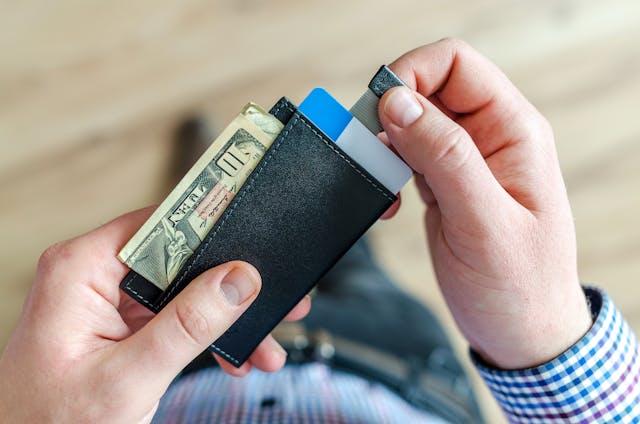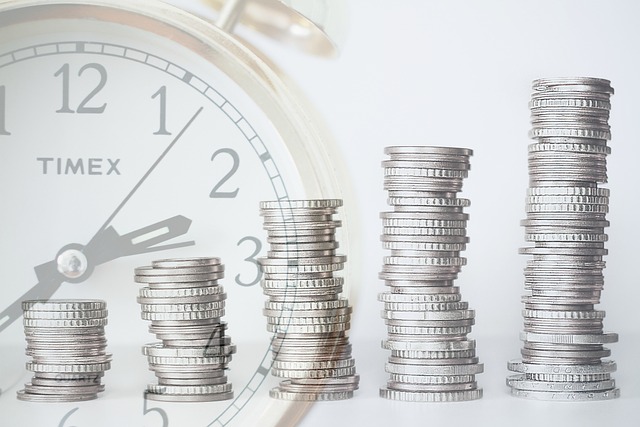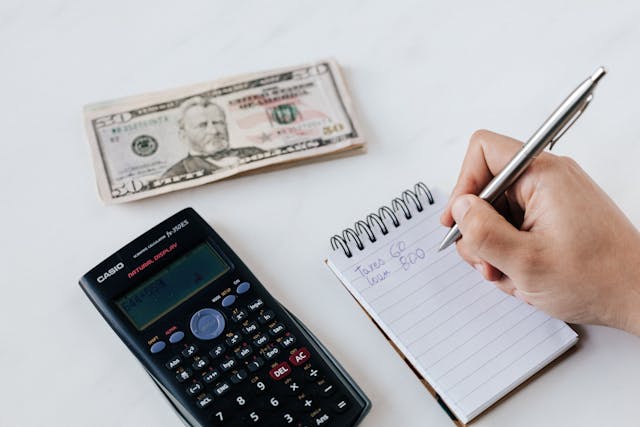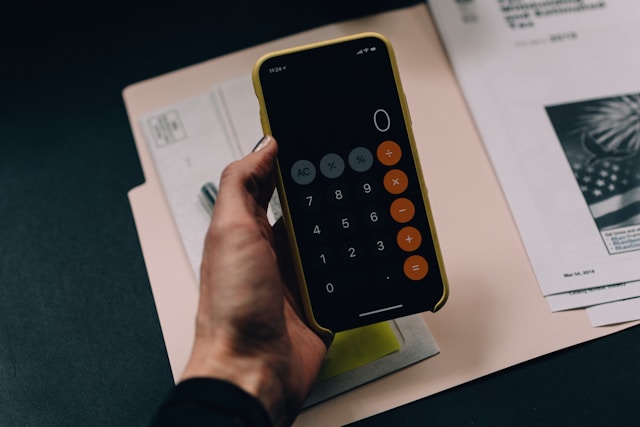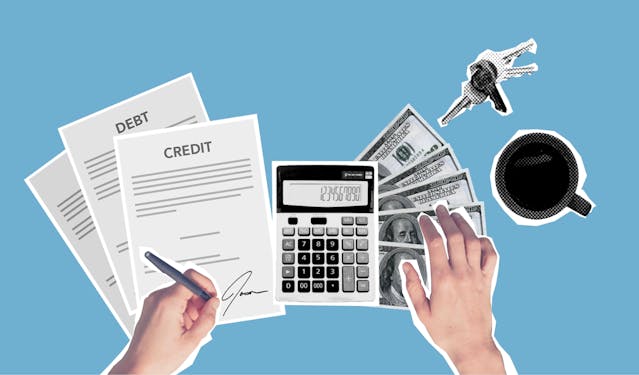Buying a house is a major milestone for many people. It’s a symbol of financial stability and a place to call your own. However, if you owe taxes, you may be wondering if it’s still possible to purchase a home. The short answer is yes, but there are some important factors to consider. In this article, we’ll explore the options for buying a house if you owe taxes and the potential implications of doing so.
First off it is possible to buy a house if you owe taxes but there’s some facts you should know.
Mortgage Options for Those Who Owe Taxes
Traditional Mortgages
The most common way to finance a home purchase is through a traditional mortgage. This type of loan is offered by banks, credit unions, and other financial institutions. When applying for a traditional mortgage, lenders will typically look at your credit score, income, and debt-to-income ratio. If you owe taxes, this debt will be factored into your debt-to-income ratio and may affect your ability to qualify for a mortgage.
However, if you have a solid credit score and a low debt-to-income ratio, owing taxes may not prevent you from getting a traditional mortgage. It’s important to note that lenders may require you to pay off your tax debt before approving your loan, so it’s best to discuss your situation with a lender before applying.
FHA Loans
Another option for those with tax debt is an FHA loan. These loans are insured by the Federal Housing Administration and are designed to help low-to-moderate income individuals and families purchase a home. FHA loans have more lenient credit requirements and may be a good option for those with tax debt.
However, similar to traditional mortgages, lenders may require you to pay off your tax debt before approving your loan. It’s important to discuss your options with a lender and see if an FHA loan is a viable option for you.
VA Loans
If you are a veteran or currently serving in the military, you may be eligible for a VA loan. These loans are guaranteed by the Department of Veterans Affairs and offer competitive interest rates and flexible credit requirements. Similar to traditional mortgages and FHA loans, lenders may require you to pay off your tax debt before approving your loan.
Tax Implications of Buying a House
Impact on Your Credit Score
One of the biggest concerns for those with tax debt is the impact it may have on their credit score. Your credit score is a major factor in determining your eligibility for a mortgage and the interest rate you will receive. If you owe taxes, it’s important to understand how it may affect your credit score.
If you have unpaid taxes, the IRS may file a tax lien against you. This will be reported to credit bureaus and can significantly lower your credit score. A lower credit score may make it more difficult to qualify for a mortgage or result in a higher interest rate.
Potential for Tax Liens
As mentioned, if you owe taxes, the IRS may file a tax lien against you. This is a legal claim against your property and assets, including any real estate you own. If you are planning to purchase a home, the IRS may place a lien on the property, making it difficult to complete the transaction.
To avoid this, it’s important to work with the IRS to resolve your tax debt before attempting to purchase a home. This may involve setting up a payment plan or negotiating a settlement.
Tax Deductions for Homeowners
One potential benefit of owning a home is the ability to deduct mortgage interest and property taxes on your tax return. However, if you owe taxes, these deductions may not be as beneficial for you. The IRS may apply any tax refunds or credits you are entitled to towards your tax debt, reducing the amount you owe.
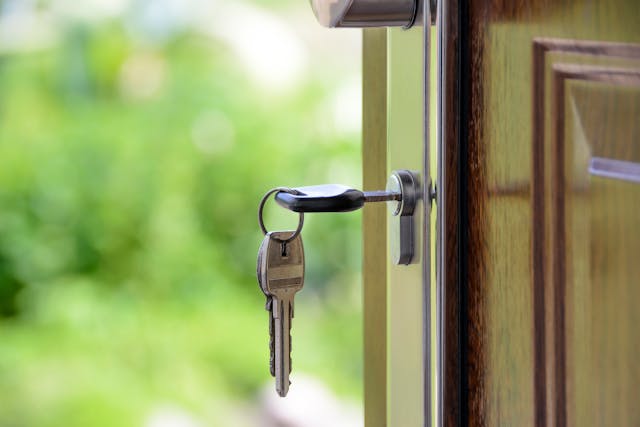
Tips for Buying a House with Tax Debt
Pay Off Your Tax Debt
The best way to ensure a smooth home buying process is to pay off your tax debt before applying for a mortgage. This will not only improve your credit score, but it will also prevent any potential tax liens from affecting your ability to purchase a home.
If you are unable to pay off your tax debt in full, consider setting up a payment plan with the IRS. This will show lenders that you are taking steps to resolve your debt and may improve your chances of getting approved for a mortgage.
Work with a Tax Professional
Navigating the tax implications of buying a house can be complex, especially if you owe taxes. It’s important to work with a tax professional who can help you understand your options and make the best decisions for your financial situation.
A tax professional can also help you negotiate with the IRS and potentially reduce the amount of tax debt you owe. This can make it easier to pay off your debt and improve your chances of getting approved for a mortgage.
Consider Alternative Financing Options
If you are unable to qualify for a traditional mortgage due to your tax debt, there are alternative financing options available. For example, you may be able to find a seller who is willing to finance the purchase of their home, or you may be able to find a lease-to-own option.
It’s important to carefully consider these options and consult with a financial advisor before making any decisions. These alternative financing options may come with higher interest rates or other potential drawbacks, so it’s important to fully understand the terms before moving forward.
Conclusion
In conclusion, it is possible to buy a house if you owe taxes, but it may come with some challenges. It’s important to understand the potential implications of buying a house with tax debt and to work with a tax professional to find the best solution for your situation.
If you are planning to purchase a home in the near future, it’s important to address your tax debt as soon as possible. This will not only improve your chances of getting approved for a mortgage, but it will also help you achieve financial stability and reach your homeownership goals.











